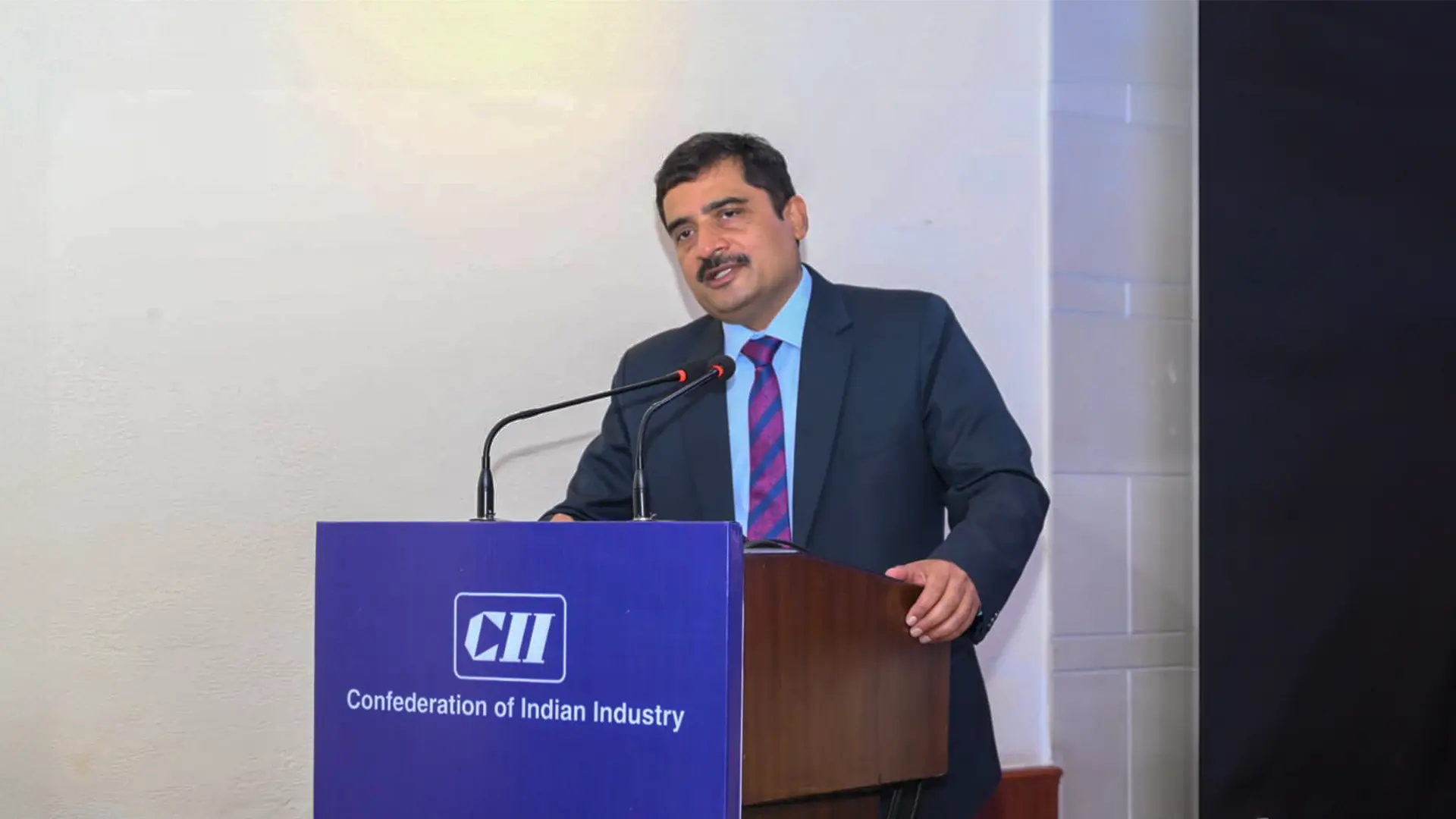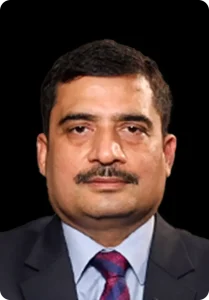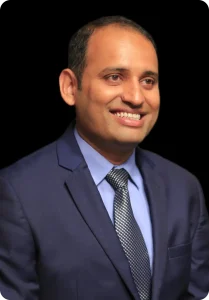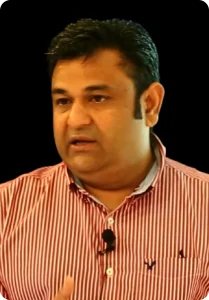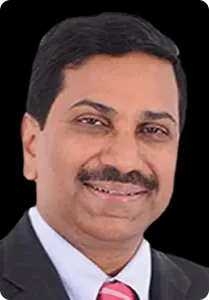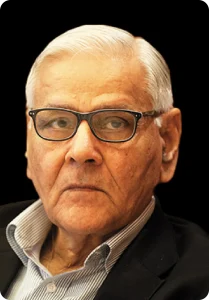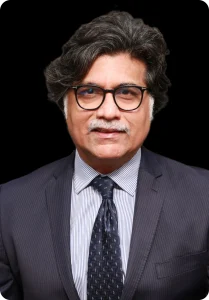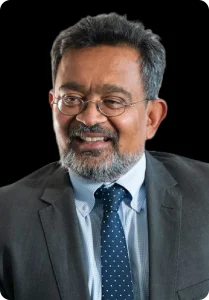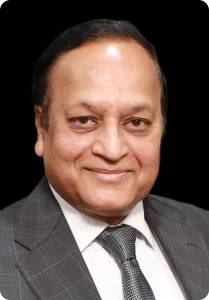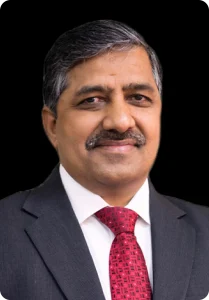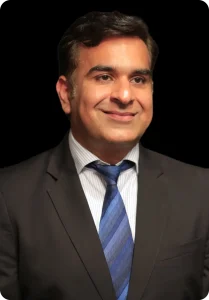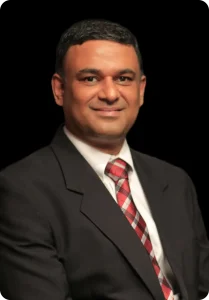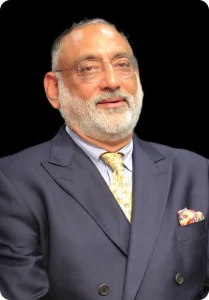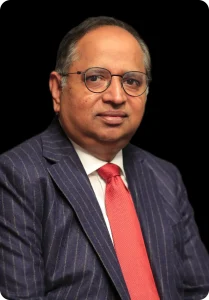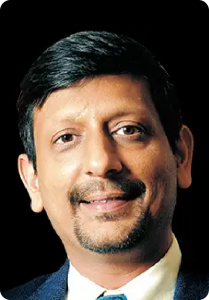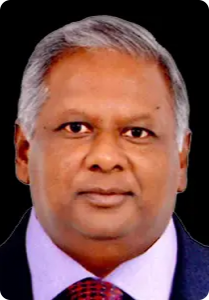The Confederation of Indian Industry (CII) hosted a high-level seminar on “Legal and Regulatory Framework for India’s Energy Sector: Imperatives for Investment and Growth” on July 3, 2025, at the India Habitat Centre, New Delhi. The event brought together key stakeholders from the energy sector—including policymakers, industry leaders, legal experts, and regulators—for a focused dialogue on the reforms needed to unlock investments and drive sustainable growth in India’s energy landscape.
Essar was represented at the event by Dr. Sanjeev Gemawat, Group General Counsel, who was invited to deliver the keynote address. His participation highlighted Essar’s continued engagement in policy-level discussions aimed at shaping a robust, forward-looking regulatory environment for the energy sector.
The seminar saw active participation from senior representatives across the oil and gas value chain, including officials from the Ministry of Petroleum and Natural Gas, NITI Aayog, leading public sector enterprises, global investors, and reputed law firms. The forum provided a valuable platform for multi-stakeholder dialogue on the challenges and opportunities facing India’s transition to an energy-secure future.
In his keynote address, Dr. Gemawat spoke on the central role of the oil and gas sector in powering India’s economic ambitions, noting that it currently accounts for over 35% of the nation’s energy mix. He emphasised the need for over $100 billion in energy infrastructure investments as India aims to become a $30 trillion economy by 2047.
Highlighting the critical importance of legal reform, Dr. Gemawat called for harmonisation of central and state-level regulations, the introduction of single-window clearances, digitisation of compliance processes, and the consolidation of sectoral laws into a unified Hydrocarbon Code. He also emphasised the importance of building investor confidence through policy predictability, stability clauses, and enabling financing mechanisms such as asset hypothecation rights—drawing lessons from international best practices in countries like the US, Australia, and China.
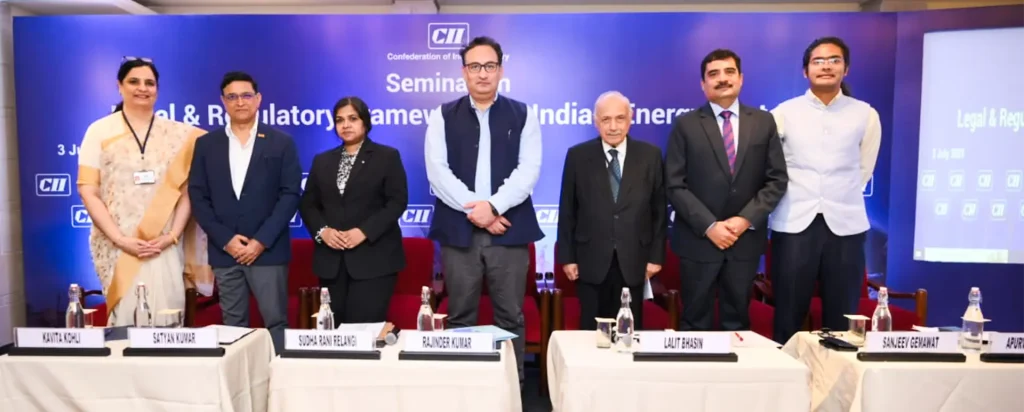
A key theme of his address was the importance of continuing to ensure balanced regulatory treatment for both public and private sector players. He emphasised that while public projects have long been regarded as strategic national assets, private sector initiatives equally deserve to be recognised as such, given their vital role in supporting national development.
Dr. Gemawat further highlighted the need for contractual certainty, citing the importance of well-drafted Production Sharing Contracts (PSCs), integrated dispute prevention measures, and structured early dispute resolution frameworks to reduce litigation risk and support smoother execution of projects.
His address resonated strongly with the audience and sparked constructive discussions on the path forward for legal and regulatory reform in India’s energy sector. It also reinforced Essar’s commitment to contributing to national energy priorities through thought leadership, policy advocacy, and continued investments in critical infrastructure.

